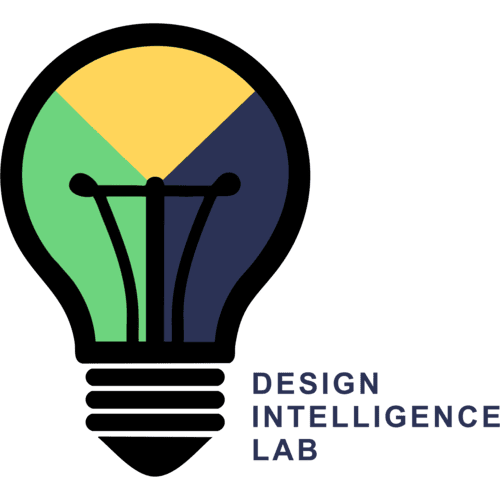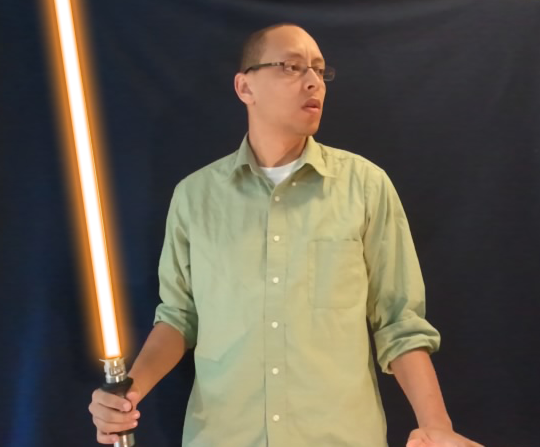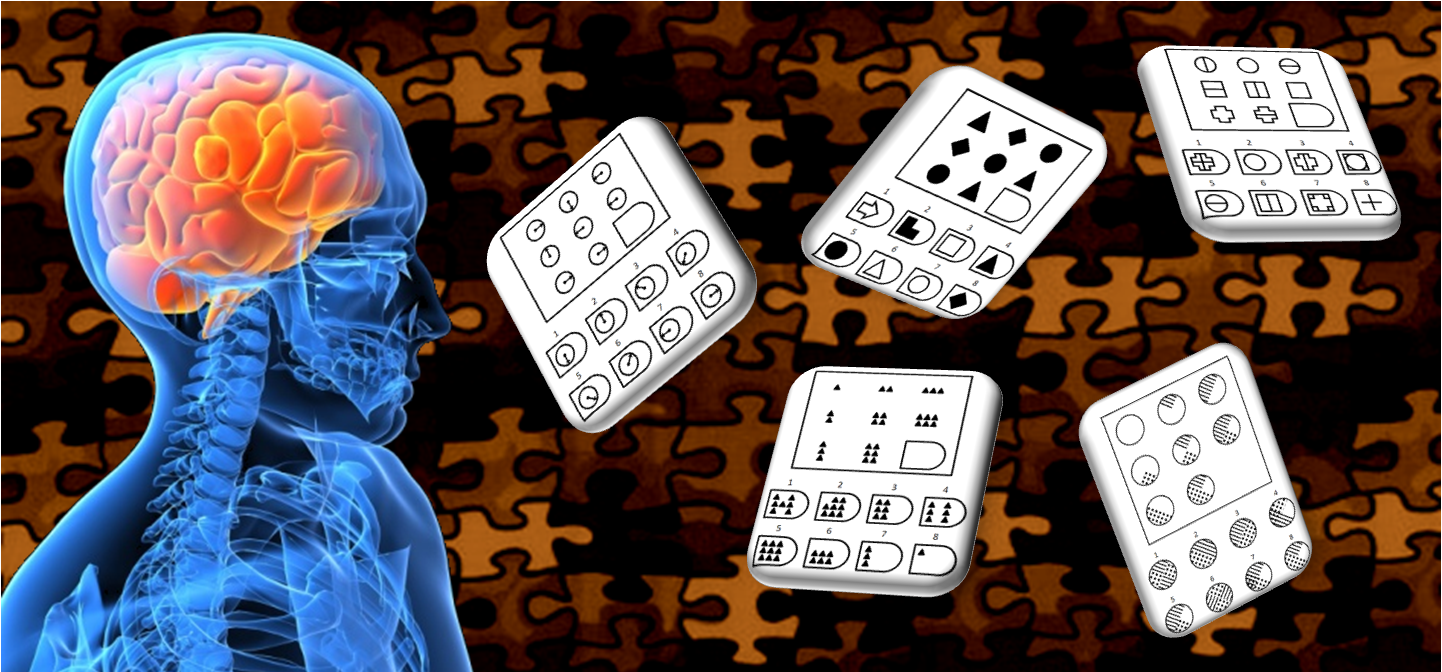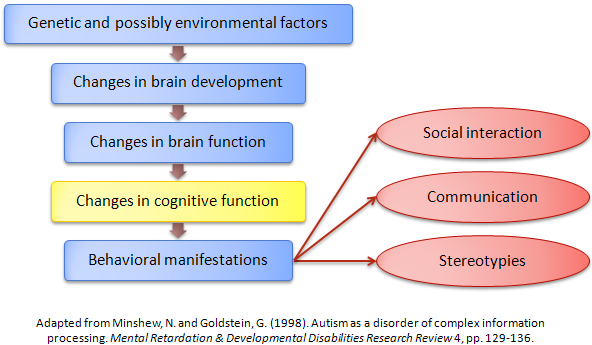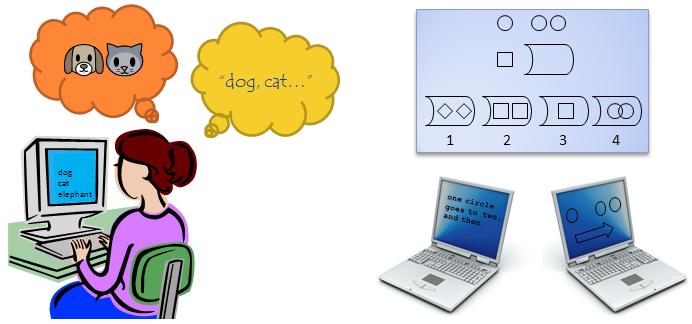Ashok Goel is a Professor of Computer Science and Human-Centered Computing in the School of Interactive Computing at Georgia Institute of Technology and the Chief Scientist with Georgia Tech’s Center for 21st Century Universities. He is also the Executive Director of NSF’s National AI Institute for Adult Learning and Online Education.
Ashok conducted his Ph.D. research in Computer and Information Science at The Ohio State University under the supervision of Professor (Emeritus) Balakrishnan Chandrasekaran (http://web.cse.ohio-state.edu/~chandrasekaran.1/index-old.html). His dissertation was titled Integrating Case-Based and Model-Based Reasoning for Adaptive Design Problem Solving. He joined the Georgia Tech faculty in 1989 immediately after receiving his Ph.D. At Georgia Tech, he directs the Design Intelligence Laboratory that presently consists of several faculty, research scientists, and about twenty graduate and undergraduate students.
Ashok conducts research into cognitive systems at the intersection of artificial intelligence and cognitive science with a focus on computational design and creativity, especially in the context of nature inspired design. He was a co-author of “An information-processing account of creative analogies in biologically inspired design” that received the Best Paper Award at the Eighth ACM Conference on Creativity and Cognition in 2011. He was a co-editor of Biologically inspired design: Computational methods and tools published by Springer-Verlag in 2014. His 2012 TEDx talk summarizes some of this research. From 2008 to 2018, Ashok was a Co-Director of the Center for Biologically Inspired Design, and from 2012 to 2017, he served on the Board of Directors of the non-profit The Biomimicry Institute including as the Board President during 2015-2017. He is presently a Fellow with the Brook Byers Institute for Sustainable Systems.
Over the last decade or so, much of Ashok’s cognitive systems research has focused on human learning and education, especially online education for lifelong learning. In 2014, he developed a popular online course on Knowledge-Based AI as part of Georgia Tech’s Online Master of Science in Computer Science program. In 2016, he developed Jill Watson, a virtual teaching assistant for answering students’ questions in discussion forums of online classes. His 2016 TEDx talk summarizes some of this research. [A review article in a special issue of Chronicle of Higher Education in December 2016 called “virtual assistants exemplified by Jill Watson as one of the most transformative educational technologies in the digital era”]. In 2018, he co-edited Blended learning in practice: A guide for researchers and practitioners published by MIT Press. From 2012 to 2019, Ashok was the Director of Georgia Tech’s Ph.D. program in Human-Centered Computing. In 2020, he founded Beyond Question (LLC), an AI-based educational technology startup.
Ashok was the Editor-in-Chief of AI Magazine published by the Association for Advancement in AI from 2016 to 2021 (AAAI). In 2019, he led the launching of AAAI’s Interactive AI Magazine. He is now an Editor-in-Chief Emeritus of AI Magazine. From 2015 to 2020, Ashok was an Associate Editor of Design Science Journal, the flagship journal of the Design Society. In 2019, Ashok was a Co-Chair of the 41st Annual Conference of the Cognitive Science Society held in Montreal, Canada, in July 2019.
In 2019, Ashok received AAAI’s Outstanding AI Educator Award; the citation reads: For sustained excellence in teaching, innovation in using AI to teach AI, scientific experimentation and scholarship to assess and improve AI pedagogy, and the many resources he has shared with the community at large. In 2020 he received University System of Georgia Regent’s Award for Scholarship of Teaching and Learning. In 2021, he was elected as a Fellow of AAAI; the citation reads: For significant contributions to research on cognitive systems, design, and education, and for distinguished leadership and teaching. Recently, he was also elected as a Fellow of the Cognitive Science Society.
In July 2021, NSF announced a large multi-university interdisciplinary award for establishing a National AI Institute for Adult Learning and Online Education. The AI-ALOE Institute headquartered at Georgia Tech was formally launched on November 1, 2021. Ashok is the Executive Director of the AI-ALOE Institute.
